There is a proposal in place that would see track and field meets equalise purses for all athletes, something Gatlin believes could kill the sport.
American sprint legend Justin Gatlin has weighed in on the ongoing debate about the financial structure of track and field, arguing against proposed changes to appearance fees and prize distributions.
Gatlin, a five-time Olympic medalist and former World Champion, voiced his concerns during an episode of his Ready Set Go podcast, pointing out that the sport’s financial incentives need to reflect the realities of audience appeal and athlete contributions.
In recent discussions, there has been a push to restructure track and field payments by eliminating appearance fees and instead offering equal prize purses across all events, similar to sports like golf, where sponsors fund individual competitions. Gatlin, however, argued that this model might backfire.
Justin Gatlin reveals how beating Usain Bolt earned him mouth watering appearance fees
Justin Gatlin reveals how beating Usain Bolt earned him mouth watering appearance fees
“If I’m a meet promoter, I want the biggest, fastest runners in my race, male or female,” Gatlin said.
He explained that high-caliber athletes who typically draw large crowds might opt out of events if they are not compensated with appearance fees, which serve as a guarantee for their participation.
“Those same individuals are the ones that put butts in seats,” Gatlin added, emphasizing the star power of elite athletes as a crucial element of the sport’s revenue model.
Gatlin shared his own experiences with appearance fees, contrasting them with those of his arch-rival Usain Bolt, who commanded astronomical sums during his prime.
Stephen Francis brutally tells Kishane Thompson the mistake he made that cost him Olympic 100m gold to Noah Lyles
Stephen Francis brutally tells Kishane Thompson the mistake he made that cost him Olympic 100m gold to Noah Lyles
“When Bolt was at his best, he was demanding a quarter of a million dollars just to show up,” Gatlin revealed.
Gatlin acknowledged that winning major titles, like the World Championships or Olympics, significantly boosts earning potential.
“Becoming the World or Olympic champion is better for you to cash in immediately,” he explained, noting that the post-championship period offers opportunities for lucrative meet appearances.
Gatlin also addressed the potential impact of equal prize purses on field events, cautioning against creating inequities.
“I think that is going to throw us backwards because you have all these field events that have been working hard to be considered equal,” he said.
He argued that while field events deserve recognition and fair compensation, they may not draw the same level of attention as marquee races like the 100 and 200 meters.
Gatlin suggested that track and field could benefit from dividing its financial model to ensure fairness while still spotlighting high-profile events.
“To get the attention you need, you need the spotlight in our sport, and the spotlight is the 100, 200 meters, or even hurdles,” he remarked, adding that exceptional athletes in other disciplines might occasionally command more money, but those moments are rare.
Gatlin’s comments highlight a critical tension in track and field: balancing fairness and equality with the economic realities of audience-driven revenue.
While some see equal prize purses as a step toward equity, Gatlin argues that the sport must acknowledge the unique contributions of its biggest stars.
As track and field continues to evolve, Gatlin’s insights provide food for thought on how best to structure its financial incentives to ensure sustainability and growth.
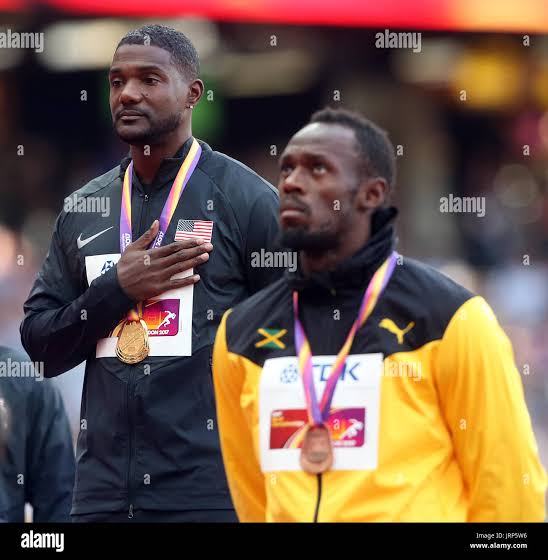

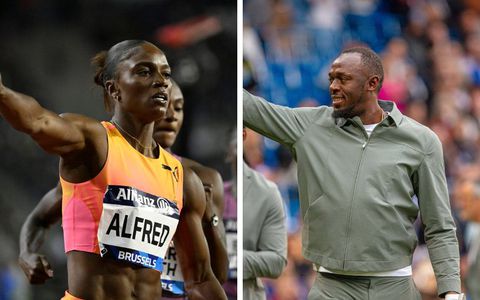
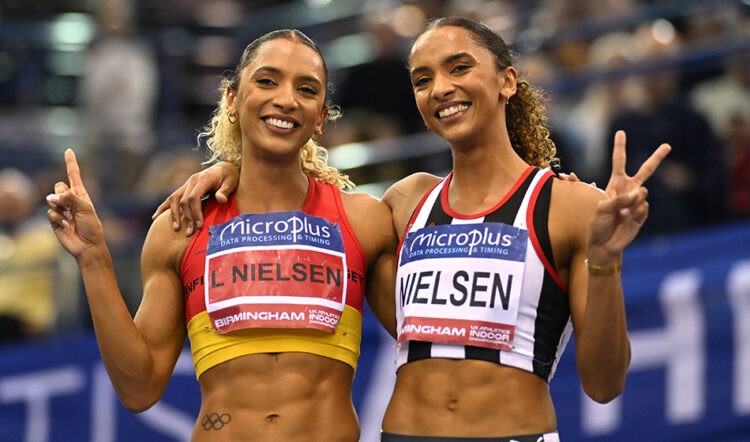
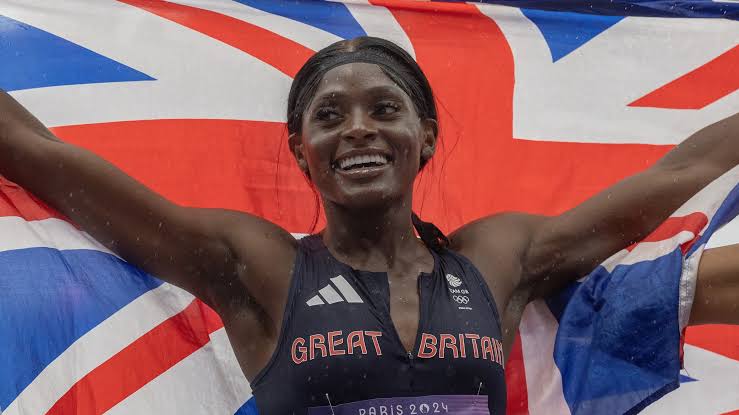
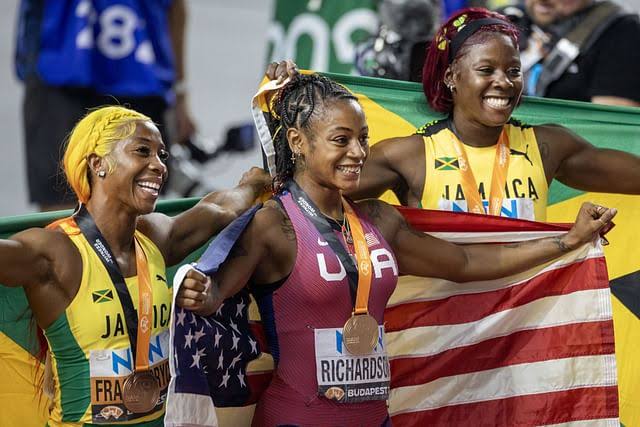
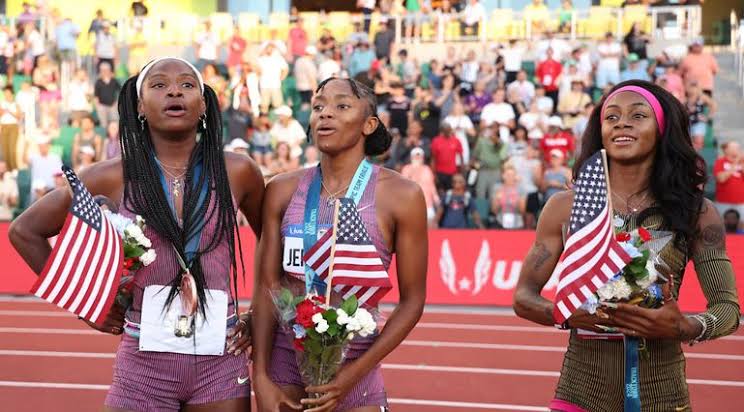

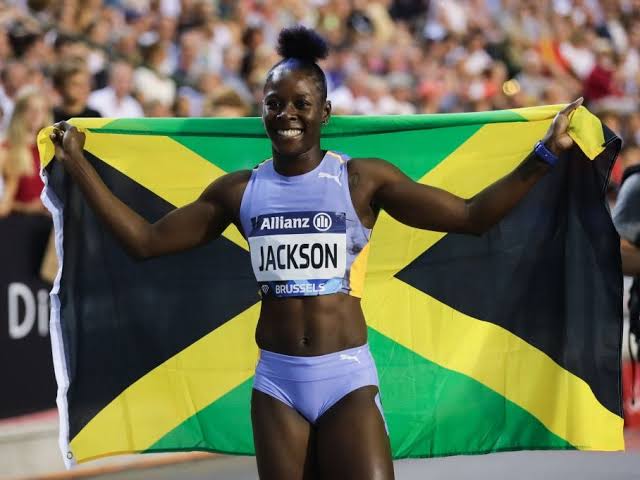
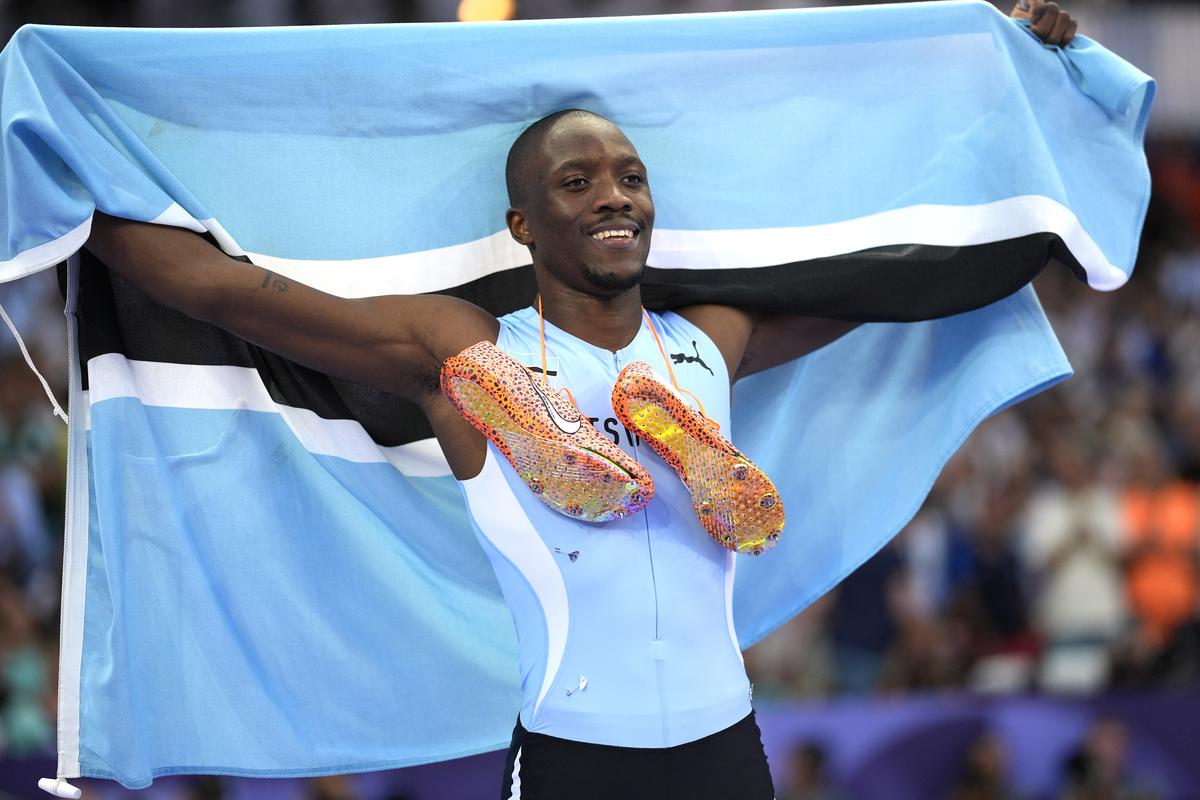
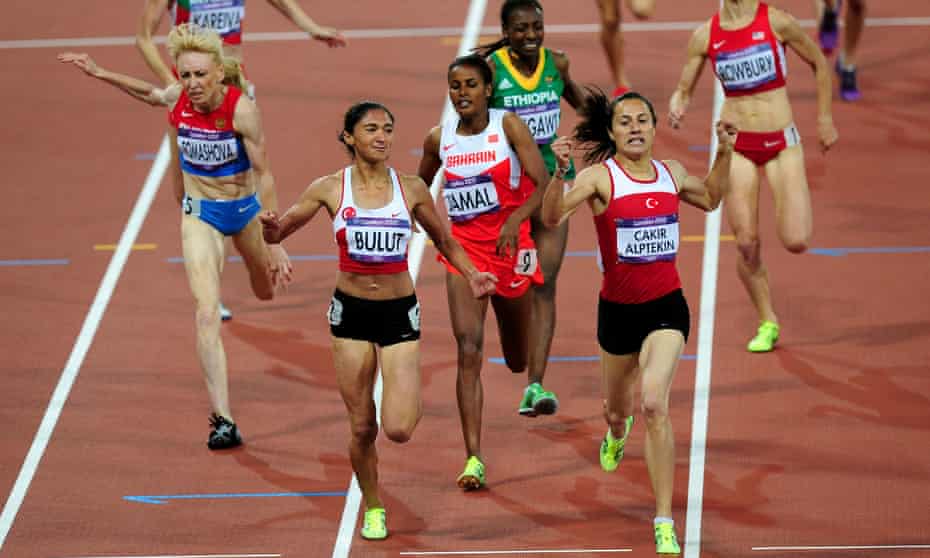
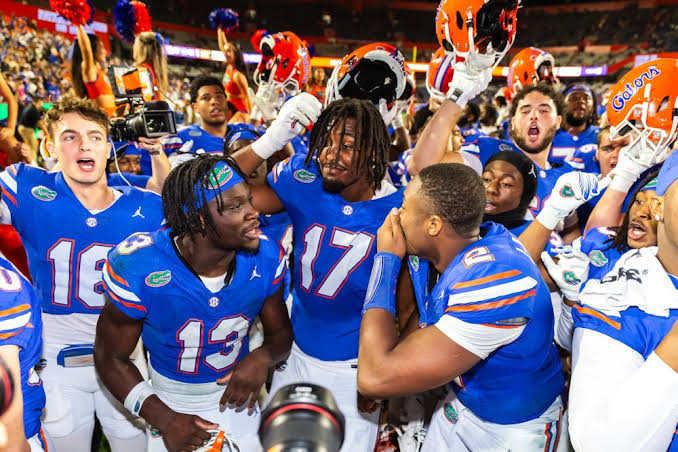


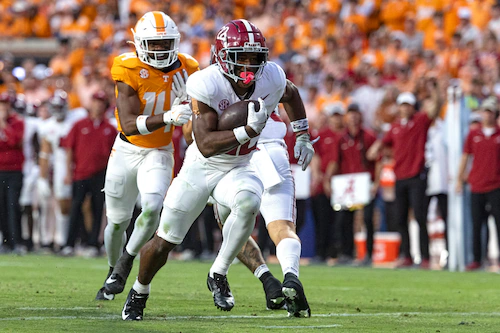
Leave a Reply